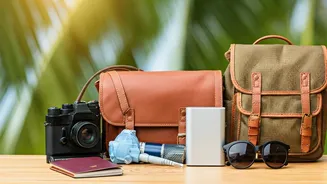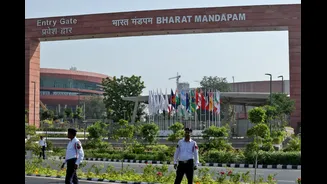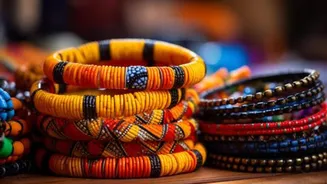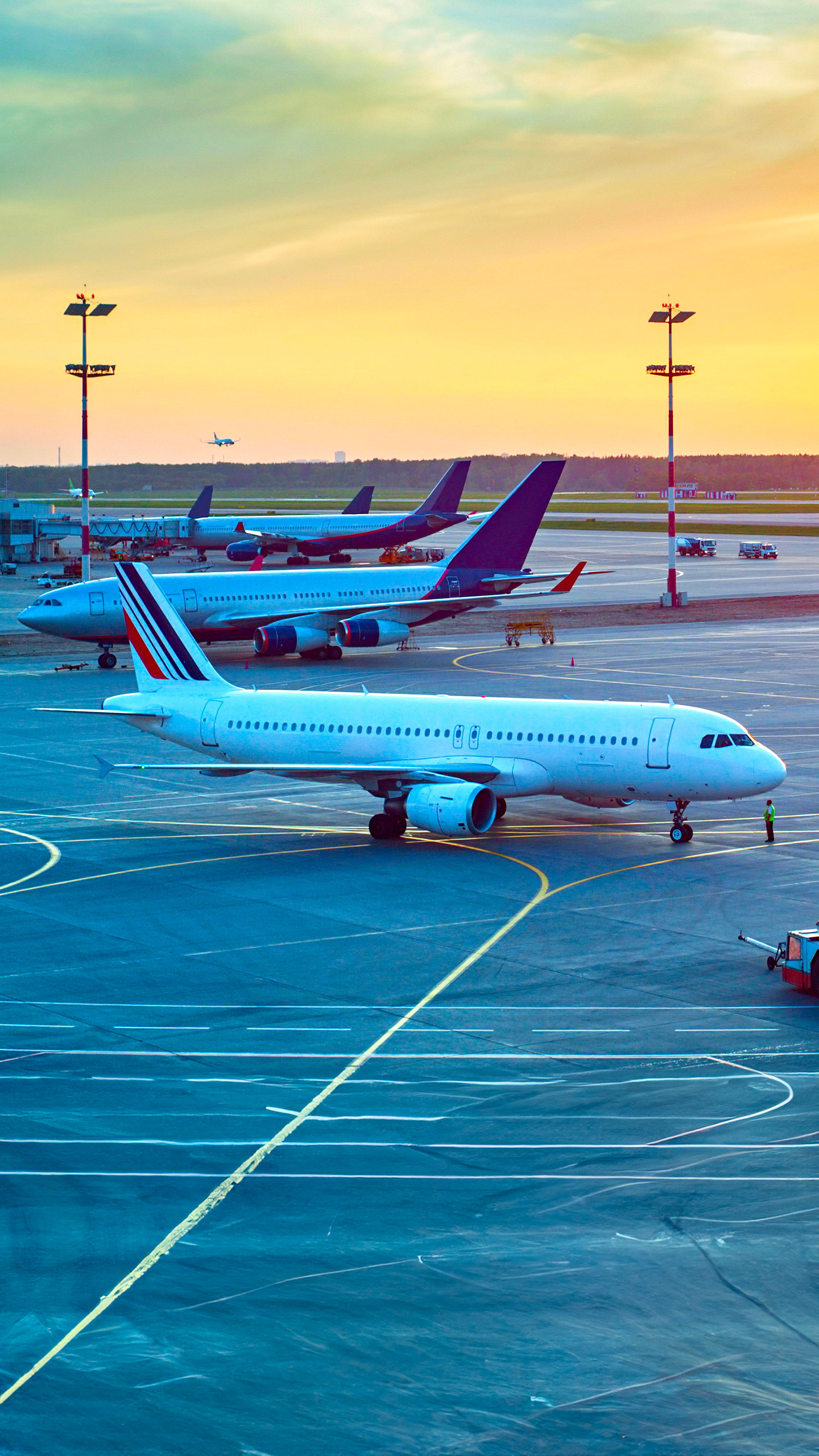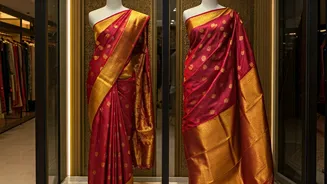Visa Application Essentials
Navigating Cambodia's visa requirements is crucial for a hassle-free entry. Travelers should be aware of the visa options available, including the e-visa,
visa on arrival, and visas obtained through Cambodian embassies or consulates. For the e-visa, apply online before your trip, allowing ample processing time. Ensure your passport is valid for at least six months beyond your intended stay. The visa on arrival is available at major international airports and some border crossings, so be prepared to fill out an application form upon arrival, often with supporting documents like a passport photo and flight itinerary. Additionally, verify the latest visa regulations to stay informed of any changes prior to your trip. Remember to factor in visa fees, which can vary depending on your nationality and the visa type.
Budgeting for Cambodia
Traveling Cambodia on a budget is achievable with the right planning. Embrace budget-friendly strategies to stretch your money. Consider local transportation options like buses and tuk-tuks instead of taxis, which can be more expensive. Eat like a local by dining at street food stalls and local markets, where you can find delicious and affordable meals. Accommodation costs can be minimized by choosing hostels, guesthouses, or budget-friendly hotels. Negotiate prices, especially when shopping at markets or using transportation services. Explore free activities like visiting temples and exploring natural sites. Avoid tourist traps by researching prices beforehand and seeking recommendations from locals. Look for free Wi-Fi spots to cut down on roaming charges. Travel during the off-season for better deals. By making smart choices, you can experience the wonders of Cambodia without overspending.
Siem Reap Insights
Siem Reap is a gateway to the ancient temples of Angkor and a must-visit destination in Cambodia. When planning your trip, consider the best time to visit to avoid the peak season's crowds and heat. Allocate sufficient time to explore Angkor Wat, Angkor Thom, and other temple complexes. Arrange your itinerary to include sunrise or sunset visits for a magical experience. Hiring a local guide can significantly enhance your understanding of the history and architecture. Dress respectfully when visiting temples, covering shoulders and knees. Siem Reap offers a variety of accommodation options, from budget-friendly guesthouses to luxury hotels. Enjoy the local cuisine at night markets and restaurants. Participate in cultural experiences, such as traditional Apsara dance performances. When in Siem Reap, remember to respect local customs and traditions.
Exploring Local Cuisine
Cambodian cuisine presents a delightful fusion of flavors, reflecting a blend of influences from its neighboring countries. When exploring the culinary scene, be adventurous and try local specialties such as Amok, a creamy coconut curry usually made with fish, chicken, or vegetables. Another favorite is Lok Lak, stir-fried beef served with a pepper and lime dipping sauce. Discover street food favorites like Nom Banh Chok, a traditional Khmer noodle dish. Embrace the flavors of fresh tropical fruits, and sample local desserts. Always practice food safety when eating at street vendors. Seek recommendations from locals and try a variety of dishes to discover your favorites. Respect local eating customs. Cambodian cuisine promises a memorable sensory experience, adding a vibrant layer to your travel journey.
Respecting Cultural Norms
When visiting Cambodia, it’s important to respect local cultural norms to ensure a harmonious experience. Dress modestly when visiting religious sites, covering shoulders and knees. Always remove your shoes before entering temples and some homes. Be mindful of public displays of affection, as they are generally not common. Avoid pointing your feet at people, as this is considered disrespectful. Show respect for monks and avoid physical contact with them. Learn some basic Khmer phrases to demonstrate your respect for the local language. Be patient and polite in all interactions, as Cambodians value courtesy. Support local businesses and engage with the community respectfully. By respecting Cambodian customs, you'll enrich your experience and foster positive interactions with local people.
Transportation in Cambodia
Navigating Cambodia requires understanding the available transportation options. Popular modes of transport include tuk-tuks, taxis, buses, and rental motorbikes. Tuk-tuks are readily available in cities and towns, offering an affordable and convenient way to travel short distances. Taxis are available in major urban areas. The bus network connects major cities and tourist destinations. For longer distances, consider traveling by bus. When renting a motorbike, ensure you have an international driving permit, wear a helmet, and exercise caution on the roads. Bargain fairly with tuk-tuk and taxi drivers. Check road conditions before setting off on a long journey, especially during the rainy season. By familiarizing yourself with these transportation options, you can effectively plan your movements around Cambodia.
Health and Safety Tips
Prioritizing health and safety is crucial for a worry-free trip to Cambodia. Consult your doctor or a travel clinic before your trip and receive the recommended vaccinations and malaria prevention medication. Pack a basic first-aid kit with essential items. Drink bottled or purified water to avoid waterborne illnesses. Be cautious with street food and only eat at reputable establishments. Protect yourself from the sun by wearing sunscreen, a hat, and sunglasses. Take precautions against mosquito bites. Be aware of your surroundings to prevent petty theft. Keep your valuables secure. Ensure you have travel insurance that covers medical emergencies. Be prepared for emergencies by knowing local emergency numbers. By taking these steps, you can minimize potential health and safety risks and enjoy a healthier travel experience.
Scams to Avoid
Being aware of common scams can help you stay safe and save money during your trip to Cambodia. Be cautious of overly friendly individuals offering unsolicited advice or services. Overcharging for tuk-tuk and taxi rides is a frequent issue; agree on a price beforehand. Beware of gem scams, where individuals attempt to sell fake gemstones. Avoid engaging with beggars or individuals claiming to be associated with orphanages. Be wary of offers for assistance with visa applications that seem too good to be true. Keep a close eye on your belongings in crowded areas and tourist hotspots to avoid pickpockets. Always stay vigilant and exercise common sense. If you feel uncomfortable, walk away from the situation. By being aware, you can avoid scams and enjoy a safer and more trustworthy travel experience.
Best Time to Visit
Choosing the best time to visit Cambodia can greatly enhance your travel experience. The ideal time to visit is during the dry season, which spans from November to April. During these months, the weather is sunny and dry, with lower humidity levels. December and January are particularly popular, so consider traveling during the shoulder seasons (October or May) to avoid peak crowds and prices. The wet season, from May to October, brings higher humidity levels and frequent rainfall, which can make travel more challenging. However, the rains can also bring lush scenery. Temperatures in Cambodia remain high throughout the year. Consider the monsoon season to experience the lush landscapes or plan your trip around specific events. Checking weather forecasts helps you prepare accordingly.
Money Matters and Currency
Understanding currency and money matters can streamline your financial transactions in Cambodia. The official currency of Cambodia is the Riel (KHR), though US dollars are widely accepted, especially in tourist areas. ATMs are available in major cities and towns but may charge fees for withdrawals. It's recommended to carry a mix of US dollars and some local currency for smaller transactions and emergencies. Credit cards are accepted at larger hotels, restaurants, and shops, but there may be a service fee. Exchange currency at banks, reputable exchange bureaus, or at your arrival airport, ensuring a fair exchange rate. Notify your bank before traveling to prevent any issues with your cards. Keep an eye on your spending to manage your budget effectively. Be aware of common scams related to currency exchanges. This will enable smooth financial management and ensure you have an enriched travel experience.
Stay Connected Easily
Staying connected during your trip to Cambodia is easy with several options available. Consider purchasing a local SIM card, which provides affordable data and calling options. Mobile carriers offer different packages suitable for varying needs and travel durations. Wi-Fi is available in many hotels, restaurants, and cafes, enabling you to keep in touch with family, browse the internet, and access travel information. International roaming is available, but rates might be higher compared to a local SIM card. If you require uninterrupted internet access, consider renting a portable Wi-Fi device. Prior to your trip, check the compatibility of your phone with local networks. Download useful offline maps, translation apps, and essential travel information beforehand. This will support smooth and efficient communication while you travel around Cambodia.
Packing Essentials
Packing the right essentials is critical for a comfortable and enjoyable trip to Cambodia. Pack lightweight, breathable clothing suitable for hot and humid weather, including cotton or linen. Essential items include sunscreen, a hat, sunglasses, and insect repellent. Comfortable walking shoes are essential for exploring temples and cities. A reusable water bottle helps you stay hydrated. Pack a basic first-aid kit with any necessary medications. Modest clothing is recommended when visiting temples. Bring a universal adapter for your electronic devices, as power outlets may differ from those in your home country. Pack a small backpack for daily excursions. Carry a copy of your passport and important documents, separate from the originals. This will help you travel prepared, ensuring convenience and comfort throughout your Cambodian adventure.
Bargaining and Shopping
Bargaining is a common practice in Cambodia, making it a fun and interactive part of the shopping experience. Bargaining is most common in markets and with tuk-tuk drivers, where prices are often negotiable. Start with a price below what you're willing to pay and negotiate with a smile. Research the typical prices for goods and services to have a reference point before bargaining. Be polite and friendly throughout the process, and don't be afraid to walk away if you're not satisfied with the price. When shopping, always inspect the items carefully for quality and craftsmanship. Look for souvenirs such as silk scarves, handicrafts, and local artwork. Support local artisans and buy directly from them. Be aware of knockoffs and scams, especially when purchasing jewelry and precious stones. Bargaining respectfully can lead to great deals and enhance your travel experience.
Exploring Beyond Angkor
While Angkor Wat is the highlight, Cambodia offers many exciting destinations beyond the temples. Consider visiting Phnom Penh, the vibrant capital city. Explore the Royal Palace, Silver Pagoda, and the Tuol Sleng Genocide Museum. Discover the beautiful beaches and islands, such as Sihanoukville, Koh Rong, and Koh Rong Sanloem. Explore the stunning natural beauty of Kampot and Kep, including the famous pepper plantations. Venture to Battambang to experience the bamboo train. Visit the Cardamom Mountains for eco-tourism. Consider a trip to Kratie to spot the rare Irrawaddy dolphins. Plan a road trip to discover remote landscapes. By exploring these alternatives, you can experience the diverse cultures and landscapes of Cambodia. Venture further to discover the rich tapestry that Cambodia has to offer.
Food Safety and Hygiene
Practicing food safety and good hygiene habits are crucial for staying healthy during your trip to Cambodia. Drink only bottled or purified water. Avoid ice cubes in drinks, as the water might not be safe. When eating street food, choose stalls that appear to be popular with locals. Observe the cooking practices, making sure food is cooked thoroughly. Avoid consuming raw or undercooked foods. Wash your hands frequently with soap and water or use hand sanitizer, especially before eating and after visiting public places. Carry tissues or wet wipes to maintain hygiene. Be careful of cross-contamination by keeping raw and cooked food separate. Be aware of food safety. This will help ensure a healthy and enjoyable experience during your journey through Cambodia.
